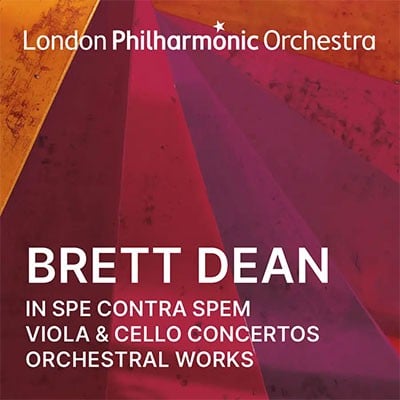3(I,II,III=picc).3(III=corA).3(II,III=bcl).3(III=dbn)-4.3.picc tpt.3.1-timp(=whip/tamb).perc(3):I=xyl/vib/glsp/2tgl/lg BD; II=marimba/crot/brake dr/tamb/piece of corrugated iron; III=SD/4susp.cym/sizzle cym/2TD(or low tom-t)/2bongos/pedal BD/tam-t/t.bells-harp-pft-harmonium-strings
Abbreviations (PDF)
Bote & Bock
The verb "disperse" in its many and varied meanings serves as the starting point for this piece. It can range in meaning from scattering widely in different directions to the more passive leavetaking to go in different ways, or even more specific scientific terms, such as distributing small particles in a medium (chemistry) or dividing white light into its coloured constituents (physics). "Dispersal", in colonial Australian parlance, was a widely used euphemism for the pursuit and mass slaughter of Aborigines.
The quotation at the end is from Charles Hubert Parry’s tune "Intercessor", which usually accompanies the hymn O brother man, fold to thy heart thy brother by the American abolitionist poet, John Greenleaf Whittier.
Dispersal was co-commissioned by the Adelaide Symphony and BBC Symphony Orchestras for the ASO’s Federation Fanfare Project in the 2001 Concert Season and for the BBC Symphony’s tour of Australia in May 2002.
© Brett Dean
Reproduction Rights
This programme note can be reproduced free of charge in concert programmes with a credit to the composer
"Dispersal is a powerful statement if ever there was one from a five-minute orchestral work. Deriving its title from the mass slaughter and driving out of Aborigines from their homelands, it begins with a tremendous maelstrom of disconnected sounds – stabs, shocks and searing outbursts – which give way to reveal a shadowy, eerie hymn setting..." (Graham Strahle, The Australian, 16 Nov 2001)

London Philharmonic Orchestra / Karina Canellakis
LPO-0130

